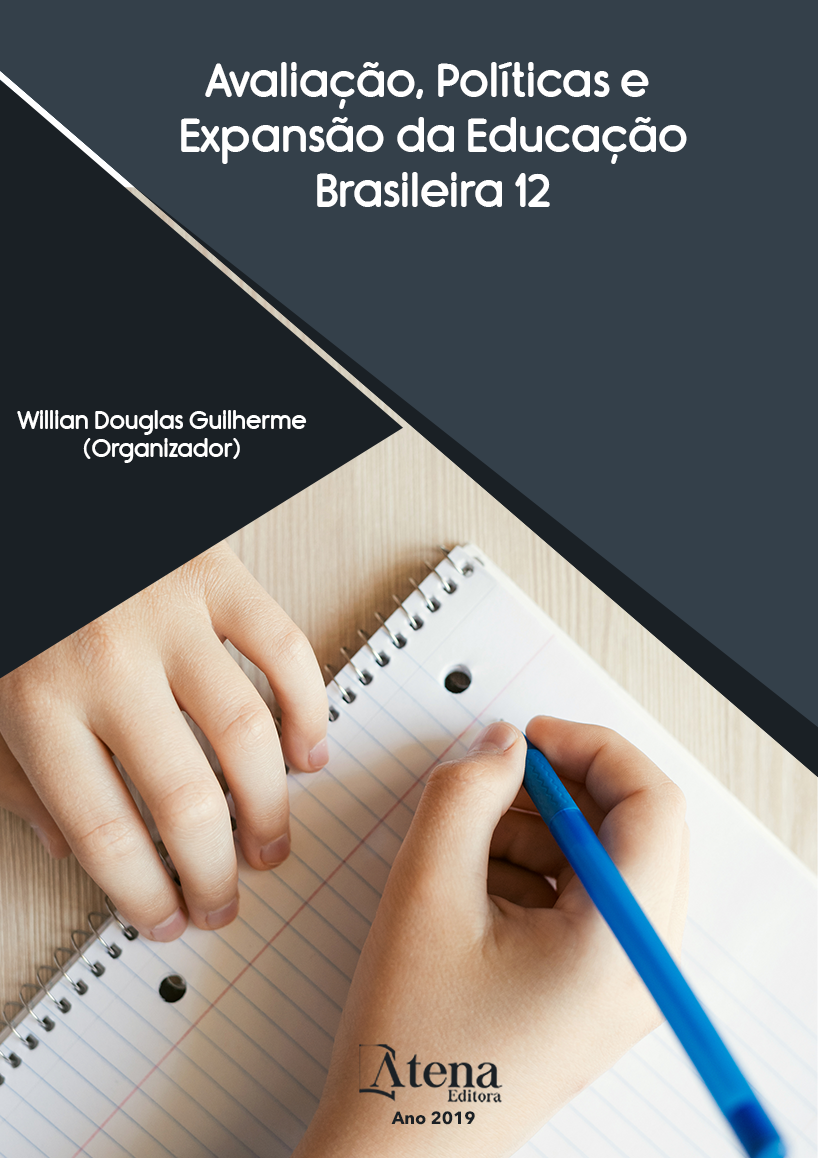
LIMITES E POSSIBILIDADES DE FORMAÇÃO DE PROFESSORES PARA A EDUCAÇÃO BILÍNGUE DE SURDOS: SUPERAÇÃO DO COLONIALISMO.
Este capítulo é um resumo da
tese de doutoramento de Silvana Schubert
sob orientação da professora Drª Maria de
Fátima, que teve como objeto a formação
de professores para a educação bilíngue de
surdos nas políticas de inclusão e a superação
do colonialismo histórico enfrentado por
esses estudantes no processo de ensinoaprendizagem.
Investigamos as políticas no
período de 1990 a 2017, a partir de documentos
oficiais e manifestos dos movimentos sociais,
bem como na realidade do trabalho e formação
dos professores de surdos em Curitiba e
Região Metropolitana. Buscamos subsídios no
Método da Economia Política e nas categorias
políticas, como ações no seio da sociedade de
classes, totalidade como imbricamento entre a
realidade e as políticas, abordamos inclusão
na perspectiva crítica, destacamos que a
Educação bilíngue requer conhecimento sobre
os surdos e não apenas o uso de duas línguas
na escola; e colonialismo como subalternidade,
sujeição do outro e imposição do poder.
Identificamos que os limites e possibilidades
de superar o colonialismo estão no bojo dessas
políticas mas apenas favoreceram os debates
sem avançar na garantia da Libras como língua
de referência para os surdos brasileiros e nem
formação adequada aos professores, direito
negado às gerações de surdos o que evidencia
necessidade de revisão das políticas inclusivas
na formação e a soma das lutas nesse sentido.
LIMITES E POSSIBILIDADES DE FORMAÇÃO DE PROFESSORES PARA A EDUCAÇÃO BILÍNGUE DE SURDOS: SUPERAÇÃO DO COLONIALISMO.
-
DOI: 10.22533/at.ed.58119121117
-
Palavras-chave: Formação de professores para educação de surdos; Políticas de Inclusão; Bilinguismo; Educação bilíngue e Colonialismo.
-
Keywords: Teacher training for deaf education; Inclusion Policies; Bilingualism; Bilingual Education and Colonialism.
-
Abstract:
This chapter is a summary of
Silvana Schubert's doctoral dissertation with the
guidance of the Professor Dr. Maria de Fátima,
which had as objective the teachers training
for bilingual deaf education in the inclusion
policies and the overcoming of the historical
colonialism faced by these students in teachinglearning
process. We investigated policies from
1990 to 2017, based on official documents and
manifestos of social movements, as well as on
the reality of work and training of deaf teachers
in Curitiba and the Metropolitan Region. We
based this study on the Political Economy
Method and political categories, such as actions
within the class society, totality as a link between reality and politics, we addressed
the inclusion theme in the critical perspective, highlighting that bilingual education
requires knowledge about the deaf and not only the use of two languages in school;
and colonialism as subordination, subjection of the other and imposition of power. We
identified that the limits and possibilities of overcoming colonialism are in the midst
of these policies but only favored the debates without advancing the guarantee of
Libras as a reference language for the Brazilian deaf and neither adequate training for
teachers, this right is denied to deaf generations, which shows the need of a revision of
inclusive policies in training and the sum of struggles in this regard.
-
Número de páginas: 15
- Maria de Fátima Rodrigues Pereira
- SILVANA ELISA DE MORAIS SCHUBERT


